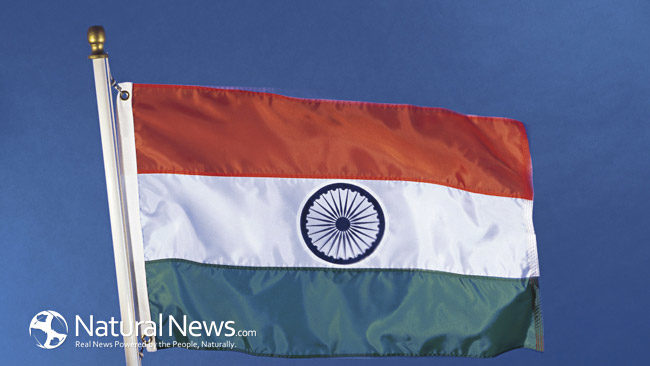Every culture has its celebrations to kick of the new year, but some of the most unique ones are found in India. Of course, as per the Indian calendar, these celebrations aren’t actually New Year celebrations. They are more in the nature of Winter Solstice celebrations. The Winter Solstice falls on December 22 every year, and celebrating this cosmic connect is a part of every culture. However, India has a variety of celebrations as well as some of the most colorful.
Perhaps one of the most colorful is Pongal, celebrated in the South Indian state of Tamil Nadu, on January 14, every year. Why is a Winter Solstice festival, celebrated on January 14 instead of December 22? It has to do with the precession of the equinox. The Earth’s axis spin and rotates like a top over a period of several thousand years, because of which the date of the Winter Solstice gradually shifts. The Pongal festival was fixed on January 14 at a time when the Solstice corresponded to January 14, and has remain unchanged despite the shift in the axis.
So Pongal is essentially a solar-calendric festival, which makes it fairly unique among Indian festivals which are generally based on the lunar calendar. For example, the Diwali festival falls at different times in the months of October and November, depending on how the lunar calendar matches up. But this isn’t the case with Pongal.
Pongal is essentially a harvest festival, a time of gratitude for the bounty offered by nature through Earth and Sun. Accordingly, several pongal rituals focus on allowing one to express this sense of gratitude. For example, farm animals like bulls and cows are garlanded, decorated and generally pampered, and extra care is taken. Oddly enough though, certain areas have things like bull-running and cock fights, especially towards the southern parts of the region! Most of these activities are banned by the law these days.
Pongal also involves the preparation of special food items, mostly based on rice. Special care is taken to pick the choicest portions of the recent harvest. Pongal is split into three days, namely Mattu Pongal, which the celebration of farm animals, Thai Pongal, and Kaanum Pongal, which is a day of community togetherness and bonding. The day before Pongal, the festival of Bhogi is celebrated, which is sort of the equivalent of Spring Cleaning. A huge bonfire is constructed in every village, and the old and unwanted items in every household are burnt up.
On the whole, the festival is a great way to bring in the new year, full of symbolism and rituals to invoke the right ambiance for the months to come.





